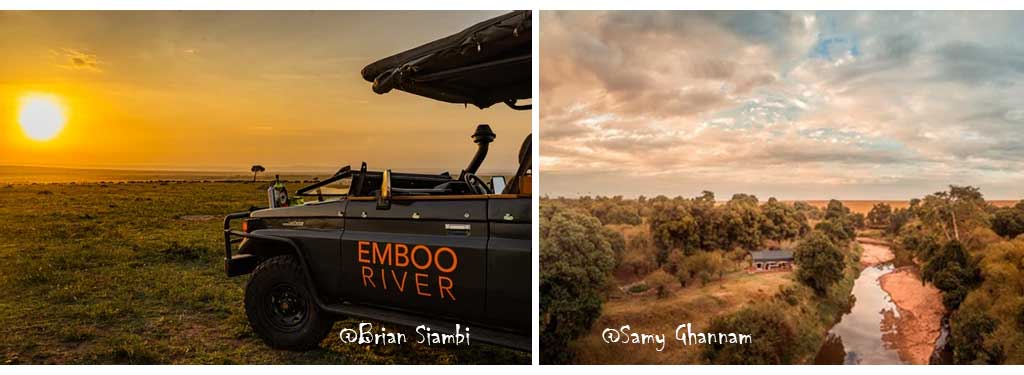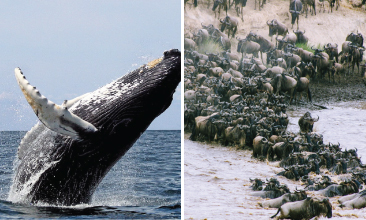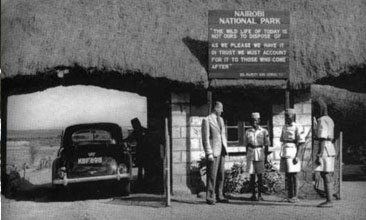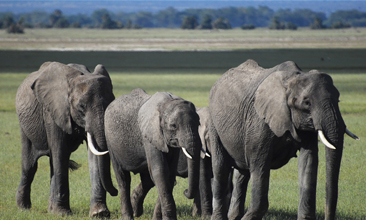Emboo River camp trailblazes the way and gives us a glimpse of what the future of the safari industry must inevitably look like as the world looks towards overhauling how we travel, live and exist (the new normal).
Emboo has the first fully electric land cruisers in the Masai Mara. Not only do these unique vehicles allow an almost silent experience with no emissions, but also avoid ‘polluting the lungs’ of any hapless wildlife nearby.
Onto the favourite subject of solar power; everything, and we mean everything dependent on electricity in the camp, is powered by the sun. Even the vehicles’ batteries are powered by the panels and there is electric supply 24 hours a day. Capable of producing a massive 26 kilowatts of electricity, the 60 panels require no regular maintenance other than a rinse down from time to time. This system is simply amazing.
Each room also has its own solar-powered water heater, meaning there’s hot water in the nicest camp showers you’ve ever used. And even in the unlikely event, there is a prolonged period without 72 hours of sunshine, it can be switched to run from the big solar plant.
The location of Emboo is, as the name suggests, by the river, with a wonderful panorama overlooking the cavorting hippos and to the rolling savannah beyond. The evening fireside routine is perhaps the one nod to the more traditional safari set-ups, though how would a safari be complete without it!




